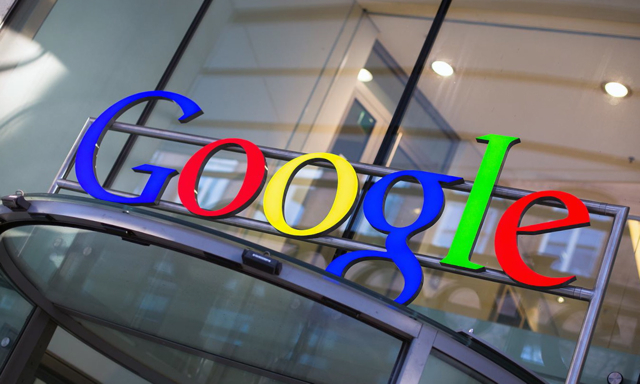Alphabet Stops Expansion of Google Fiber in Favor of Wireless
February 20, 2017
Alphabet is tightening up staffing at Google Fiber, sending hundreds of employees who work at the Google division Access to other parts of the company. Google Fiber, first announced in 2010, is installed in several U.S. cities, but Access revealed in October that it was pulling back on plans to expand to new locations. This isn’t the end of Google Fiber, says a spokesperson, but Alphabet is rethinking its plan moving forward. Although Fiber could be a part of the company’s future, Access has a new focus on wireless technologies.
According to Wired, Access has hired broadband veteran Greg McCray as its new chief executive, with the task of “figur[ing] out new ways to bring faster — and presumably cheaper — high-speed Internet access to the rest of the country,” most likely not via fiber. In the U.S. cities where Google Fiber is already installed, customers will still be able to sign up for it, and plans are still underway to offer Fiber in Nashville, Louisville, and San Antonio.
Fiber will continue only if Access can figure a more cost-effective way of doing so, since connecting even to existing fiber optic pipe buried in the streets is “hellishly expensive to connect… to customers’ homes.”
For the foreseeable future, Access is looking at wireless connection to the Internet, and to that end bought Webpass, which “beams high-speed broadband via networks of small antennas.” That technology might enable Google Fiber to tap into “existing fiber optic infrastructure without having to string new cables along utility poles or dig up people’s yards.”
In October, as it finalized the Webpass deal, Access petitioned the FCC to “to open up more of the wireless spectrum that Webpass uses, which could enable Fiber to expand wirelessly much more quickly.” The company is already experimenting with wireless technologies in Kansas City and may do so in other cities.
Webpass is testing another kind of wireless approach from Artemis Networks, a startup that offers technology that “follows” users from place to place, with a “guarantee [of] a certain amount of bandwidth.”
That approach would need a different kind of employee, and Alphabet chief executive Larry Page already wrote employees to say that Access will now “largely work in the field,” rather than in the company’s headquarters. One risk moving forward is that telcos are “also eyeing high-speed wireless Internet as a way to bypass more expensive traditional broadband.”


No Comments Yet
You can be the first to comment!
Sorry, comments for this entry are closed at this time.